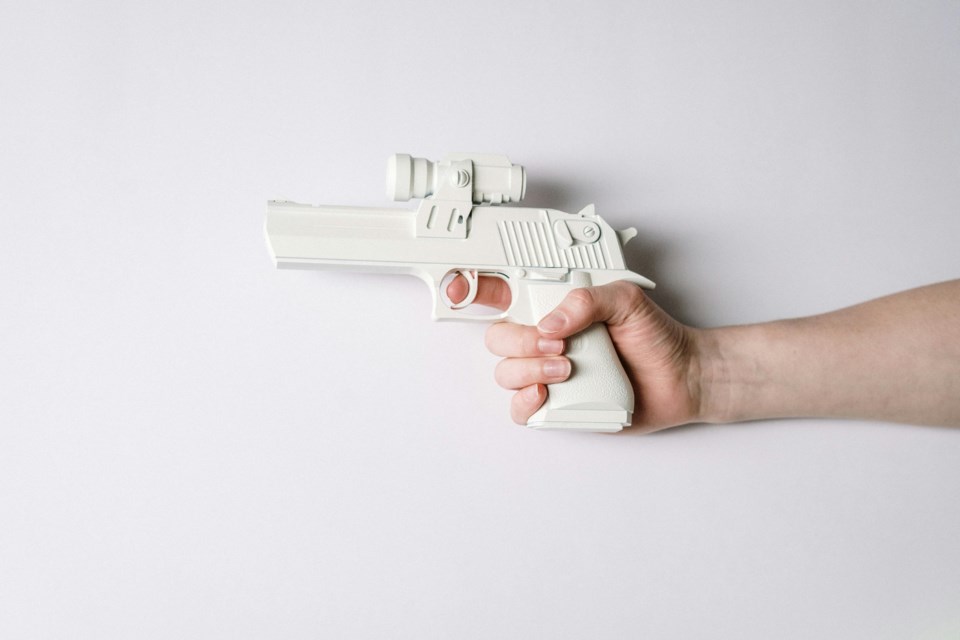Ghost guns, firearms that lack serial numbers and can be assembled at home, have sparked growing concerns in Colorado.
These untraceable weapons are at the center of ongoing legal and public debates, especially after their alleged use in high-profile crimes.
Growing Concern Over Ghost Guns
The arrest of Luigi Mangione, the suspect in the killing of UnitedHealthcare CEO Brian Thompson, has brought attention back to ghost guns.
Ghost guns are particularly troubling for law enforcement because they lack serial numbers, making them difficult to track.
Unlike traditional firearms, these guns can be created at home using parts purchased online or at gun shows, bypassing background checks entirely.
This ease of access and anonymity poses significant challenges for authorities working to curb gun violence.
Colorado’s New Law Against Ghost Guns
In response to the growing threat, Colorado enacted a law in 2023 banning the manufacturing, possession, and transport of guns without serial numbers.
The state law followed federal regulations introduced in 2022, which require background checks and age limits for gun-related purchases, aiming to close loopholes that ghost guns exploit.
Since the law's implementation, officials have reported a decline in the recovery of ghost guns in criminal investigations.
Denver Police Chief Ron Thomas noted that ghost guns were more commonly encountered a few years ago, suggesting that stricter regulations are making an impact.
However, concerns remain about their continued availability and potential misuse.
Legal and Public Reaction to the Law
Not everyone supports the new restrictions. Groups like the National Association for Gun Rights and Rocky Mountain Gun Owners have filed lawsuits challenging Colorado's ghost gun law.
They argue that the law unfairly criminalizes individuals who build their own firearms, a tradition they say dates back to the country’s founding.
Despite their objections, a federal district court upheld the law, ruling that requiring serial numbers on gun frames or receivers is a reasonable measure.
The decision has not ended the debate, as these groups are now appealing the case to the U.S. Court of Appeals for the 10th Circuit in Denver.
The outcome could shape the future of ghost gun regulations in Colorado and beyond.



